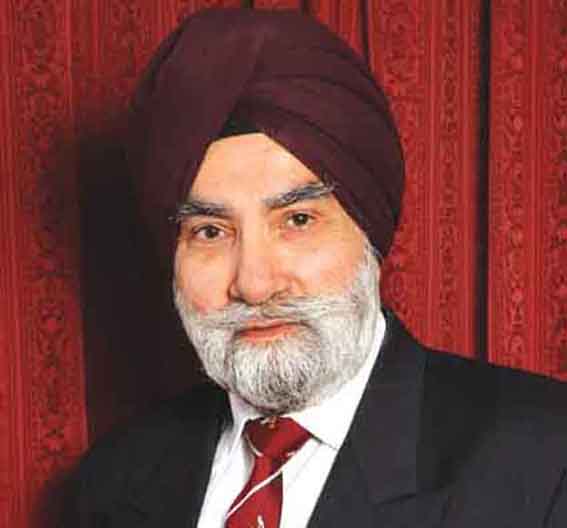Russia-Ukraine War: Humanitarian Crisis, United Nations Failure and the Nuclear Risk

The purpose of the United Nations (UN) founded in 1945, after World War II, is stated as maintaining international peace and security, developing friendly relations among nations and promoting social progress, better living standards and human rights. Regrettably, numerous wars and genocides over the following decades show that the success of the UN has been limited.
The humanitarian crisis emerging from the Russia-Ukraine war is the most serious after World War II. In the meantime, Russian nuclear forces are in a state alert. It can be assumed that the American backed NATO forces are also likely to be in the same nuclear alert state. Thus, two powerful armies of Russia and NATO are now face-to-face along the Russian border.
The Soviet Union broke up (1988&ndash1991) due to internal political, economic, and ethnic disintegration. President Vladimir Putin must understand that he cannot bring back the Soviet Union. In the West, most European countries bordering Russia are already members of the EU and NATO. In the East, South Korea and Japan are allied to the US. Russians are concerned that if Ukraine, the second largest country in Europe after Russia, joins NATO then they will be completely ring-fenced by potentially hostile powers. Russian military support for the Russian speaking Ukrainian separatists in the Donbas region since 2014, is part of Putin strategy to destabilize Ukraine and put in place a pro-Russian government.
Russia regards the Western sanctions on Russia as akin to a declaration of war and warned that any attempt to impose a no-fly zone in Ukraine would lead to catastrophic consequences for the world. When asked about the possibility of a no-fly zone, US Senator Marco Rubio equated that to a willingness to shoot down Russian planes which would mean World War III.
In addition, there is the danger of the nuclear plants in Ukraine being accidently hit by stray missiles. Toxic leakages can result from lack of adequate skilled staffing and poor maintenance. Intentional damage in this madness of blame-game cannot be ruled out.
In one sense Russia has already failed in its original liberation mission, which according to Maj General Jonathan Shaw, was aimed at a quick win with few casualties (especially civilian), less destruction , and establishment of a puppet pro-Russian government. To some extent Putin also depended on disunity in the EU. He misunderstood the character of the Ukrainians and of their resolve, and he underestimated President Zelensky. Such has been the resistance by the Ukrainians fighting for their country that all Vladimir Putin can expect now is a Pyrrhic victory for Russia, as his army cannot hope to keep hold of the territory it will secure.
In fact, President Putin has managed to unite the EU when it seemed to be falling apart and turned it into a military power. The danger, as Jonathan Shaw points out is that, given that defeat is a psychological impossibility for him, his only card is to escalate. The irony is that, even if he wins the war, he will lose the peace &ndash for there will be no peace to keep.
The Russian army is no longer an army of liberation but of occupation.
Gurmukh Singh OBE
Principal Civil Servant Retd.